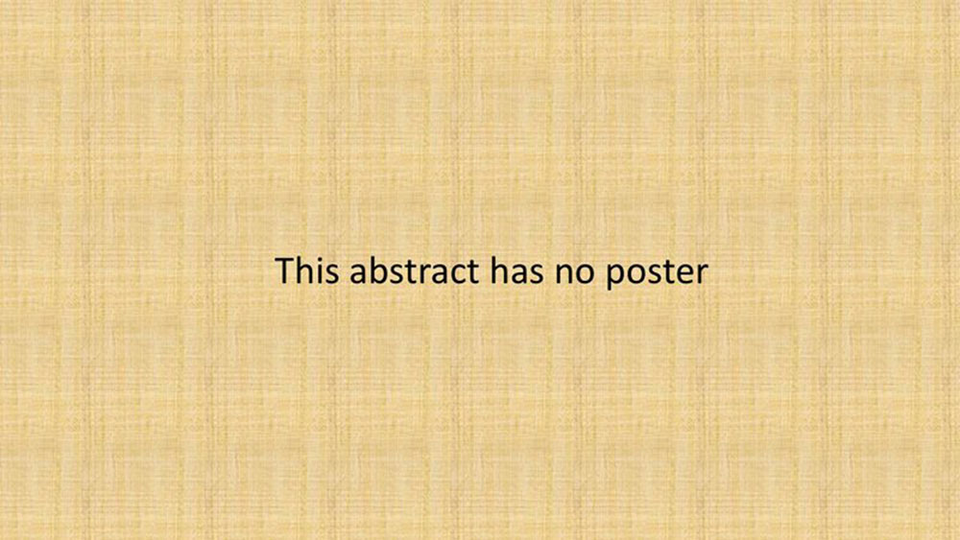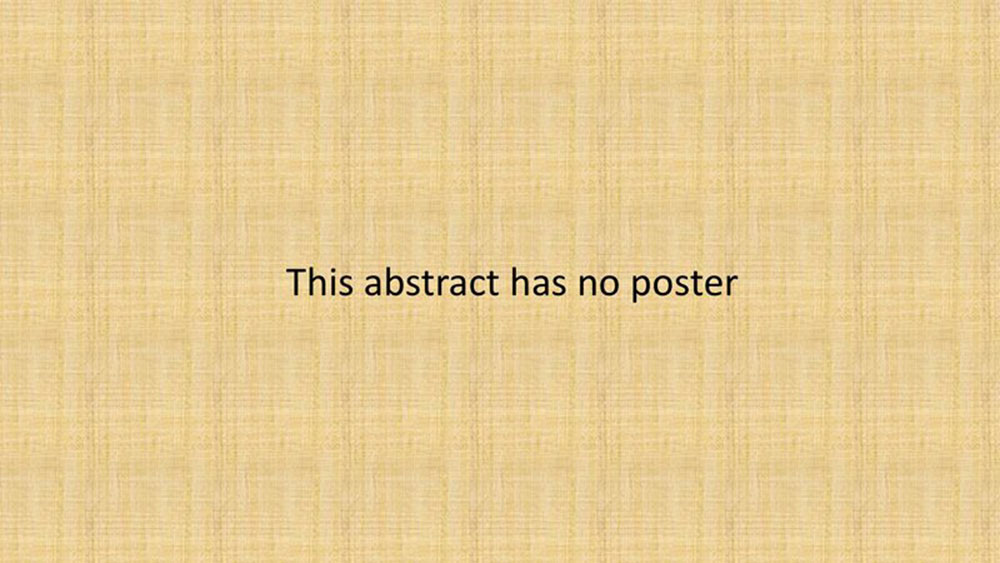Abstract
Cardiac auscultation is an examination procedure that allows a medical professional to diagnose the condition of a patient’s heart by listening to the sounds associated with the heart using a stethoscope. However, stethoscope proficiency requires extensive training. Currently, cardiac auscultation skills are being lost because of reduced opportunities to practice with the stethoscope given the greater emphasis placed on training methods that employ simulation manikins, diagnostic devices, and digital stethoscopes. As a result, the decline in cardiac auscultation skills may affect the identification of heart abnormalities in scenarios where only the stethoscope is available. We employed immersive technologies to provide the medical trainee a virtual examination scenario where four different virtual patients can be examined by operating a virtual stethoscope. The virtual examination allows the trainee to auscultate the mitral, pulmonic, tricuspid and aortic chest areas, while identifying the heart’s characteristics (i.e., shape, periodicity, quality, type of murmur, intensity, and its location).
The trainee takes on the role of the medical professional and is placed, within a first-person perspective, in a virtual examination room with a patient and a stethoscope. For the first solution, we chose a room-scale VR approach by employing an HTC Vive virtual reality headset, where the trainee uses the Vive’s controllers to operate the stethoscope and teleport to key locations during the examination, all within a highly immersive, interactive, safe, and engaging virtual environment. For the second solution, we chose a mobile VR approach by employing a medium-range smartphone and mobile VR Headset.
Future work will continue with the refinement of our VR cardiac auscultation tool in terms of fidelity, learning mechanics and scenarios repositories. Our preliminary results suggest usability improvements according to each user role, and the potential impact of both approaches given by the results.





